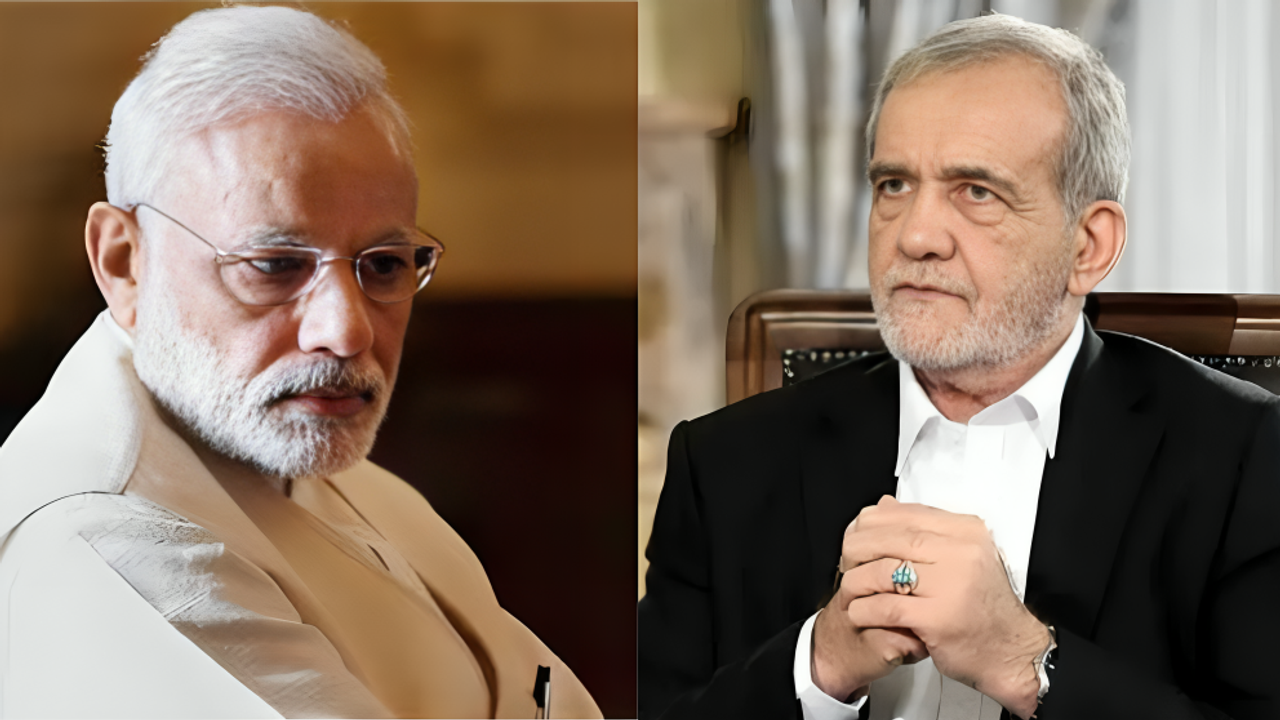PM Modi on Sunday said he spoke with Iranian President Dr Masoud Pezeshkian to discuss the growing tensions in West Asia following recent military strikes.
Prime Minister Narendra Modi on Sunday said he spoke with Iranian President Dr Masoud Pezeshkian to discuss the growing tensions in West Asia following recent US strikes on Tehran.

In a post on X, PM Modi expressed deep concern over the ongoing escalation and stressed the urgent need for calm. He reaffirmed India’s consistent position that peace can only be restored through dialogue and diplomacy. The Prime Minister also underlined the importance of regional stability and urged all sides to prioritise de-escalation to prevent further conflict.
PM Modi's call for de-escalation comes after the United States bombed Iran's top nuclear sites, namely Fordow, Natanz and Isfahan, using B-2 stealth bombers and bunker buster bombs.
US's precision strikes on Iran's nuclear facilities
US carried out precision airstrikes on three of Iran’s most important nuclear facilities in a major military operation ordered by President Donald Trump. The attack was announced by Trump on Truth Social, where he called it a 'very successful' mission. The strikes were executed using B-2 Spirit stealth bombers, which dropped 30,000-pound 'bunker buster' bombs deep underground, especially targeting Fordow, a site buried under a mountain. Additional Tomahawk cruise missiles were launched from submarines offshore.
At Natanz, which plays a key role in Iran’s uranium enrichment program, the attack damaged underground centrifuges, though no radiation leaks were reported. The Isfahan facility, housing Chinese-built reactors and a uranium conversion plant, was also hit. Some sites like Bushehr and Arak were not targeted.
Israel-Iran conflict
The airstrikes came after weeks of rising Israel-Iran tension, and just days after Israel carried out similar attacks. The operation was kept secret until Trump announced it. Although he signaled a call for peace, US forces remain on alert in the region. With Iran expected to respond, the situation may lead to either new diplomatic efforts or a wider regional conflict.


